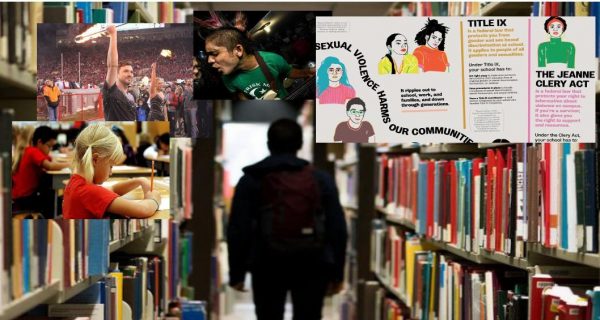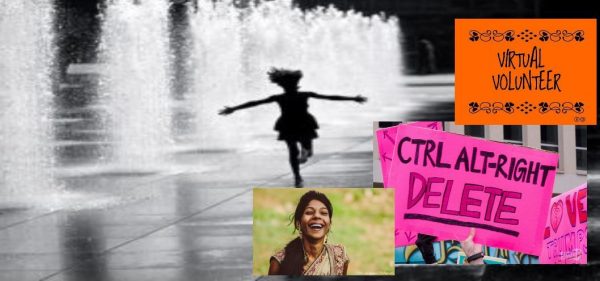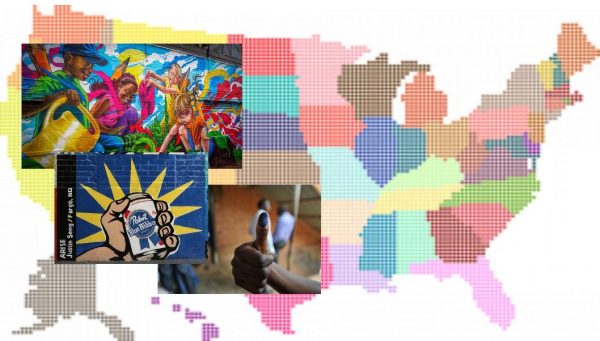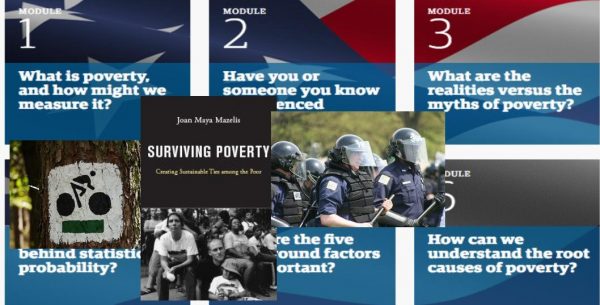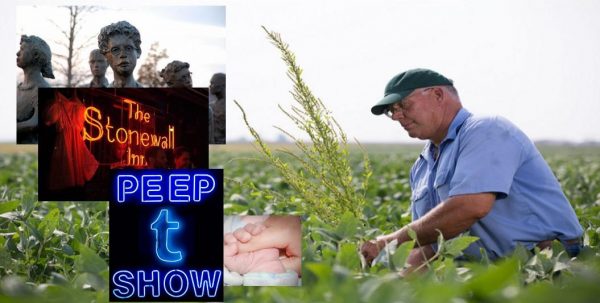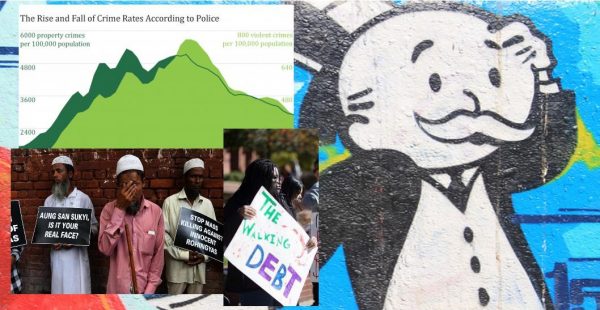
Looking for sociological perspective on the latest news? Look no further. This week we’ve got a fact sheet on unmarried and single Americans, reflections on the violence in Myanmar, and highlights from recent research on income inequality in college and beyond.
There’s Research on That!:
“Propaganda and Atrocity in Myanmar,” by Brooke Chambers. Research reveals the varied ways that propaganda enables the acceptance of atrocities.
“Asserting Masculinity Through Sports,” by Amber Joy Powell. The recent Mayweather v.s. McGregor boxing match got us thinking about the ways race, masculinity, and sexuality collide in sports culture.
Discoveries:
“College Classes and Class Inequality,” by Jacqui Frost. New research in Social Forces finds that the major you choose has a lot to do with the kind of funding you get.
Clippings:
“The Stigma of Being Rich,” by Brooke Chambers. Rachel Sherman explains why rich New Yorkers attempt to hide their wealth in The New York Times.
From Our Partners:
Council on Contemporary Families:
“Reminder: Marriage is No Longer the Mode,” by Bella DePaulo.
And a Few from the Community Pages:
- Engaging Sports talks golfing with the ladies.
- Cyborgology explores the fine line between fiction and reality.
- Center for Holocaust and Genocide Studies explains the dangers of deceptive democracy in Myanmar.
- Sociological Images charts the crime drop and questions the bro hug.

